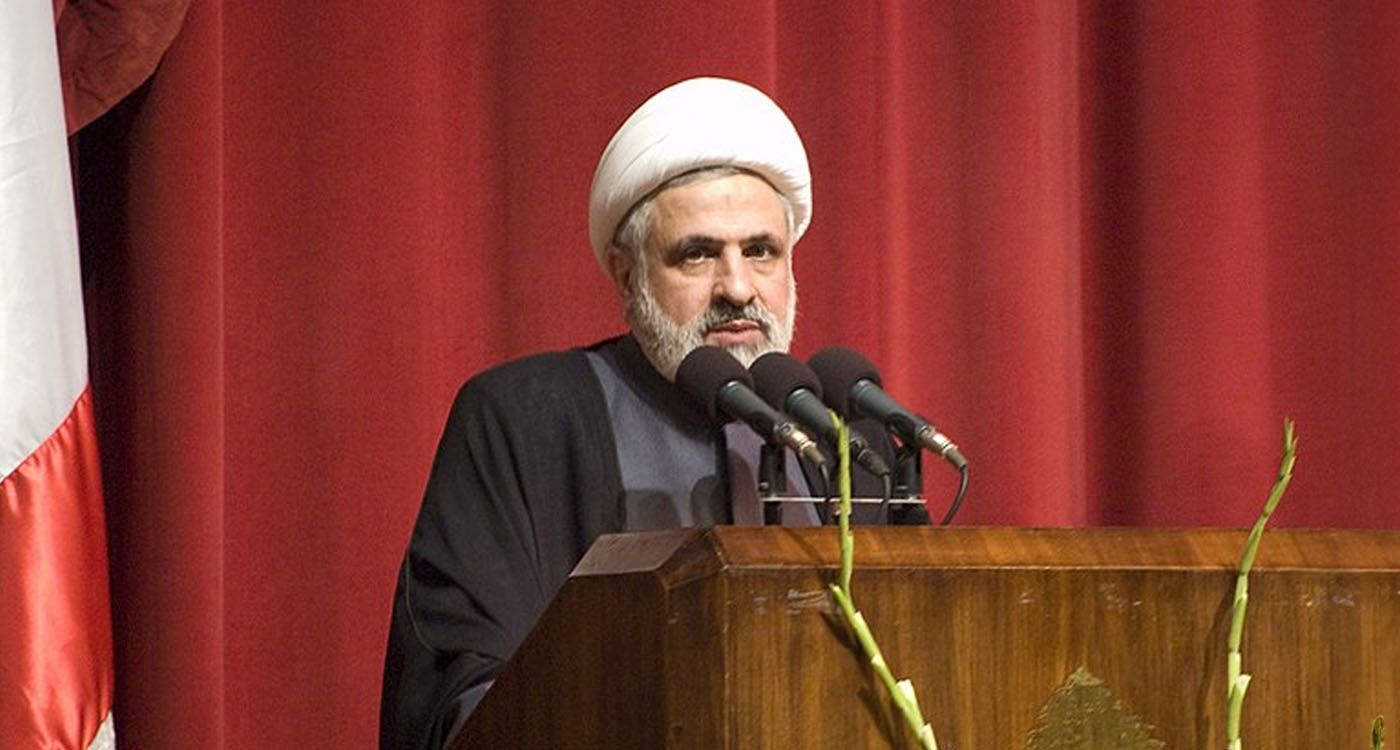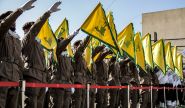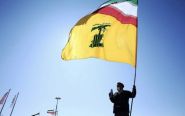
Hezbollah announced in a press release on Tuesday that it had elected Naim Qassem to head the pro-Iranian group. Qassem succeeds Hassan Nasrallah, killed on September 27 by an Israeli strikeon Beirut's southern suburbs. Just after Nasrallah’s death was confirmed, the group announced that the Deputy Secretary General Naim Qassem would temporarily assume Nasrallah’s role.
“Hezbollah's Shura Council has elected Sheikh Naim Qassem as Hezbollah's new Secretary General. We pledge to our martyr, sayyed Hassan Nasrallah, to the fighters of the Islamic resistance and to our resilient people to work together to achieve Hezbollah's goals and keep the flame of resistance alive,” according to a statement released by Hezbollah on Tuesday.
With Qassem stepping into Nasrallah’s shoes, many question whether will be able to lead Hezbollah through this tumultuous period.
Who is Naim Qassem?
Born in 1953 in the southern town of Kfar Kila, Naim Qassem has been a key figure in Hezbollah since its inception in 1982. He is recognized for his sharp intellect and deeply rooted ideologies.
Married with six children (four sons and two daughters), he holds a Bachelor of Science in Chemistry from the Lebanese University.
He later pursued higher religious studies under senior religious figures in Lebanon, notably Ayatollah Mohammad Hussein Fadlallah.
Qassem’s early career included six years of teaching chemistry at the high school level.
In the 1970s, he helped establish the Lebanese Union for Muslim Students and played a vital role in founding Islamic Religious Teaching in Lebanon in 1977, contributing to the development of modern Islamic schools.
His political journey began with Imam Moussa al-Sadr’s Amal Party, where he helped establish the Movement of the Dispossessed (Harakat al-Mahrumin).
On May 22, 1991, he was elected as Hezbollah’s Deputy Secretary General, a position he has held for seven consecutive terms.
During his tenure, he worked closely with then-Secretary General Abbas al-Moussaoui until his assassination in 1992 and continued to serve under Hassan Nasrallah until his assassination on September 27, 2024.
A prolific speaker, Qassem has delivered over a thousand lectures on cultural, educational, and religious topics, many of which are archived.
He has also written over a dozen books on religious and political matters, the most notable being “Hezbollah: The Story from Within,” which details the movement’s foundation and ideology.
A Radical Leader?
Though considered the ideological backbone of Hezbollah, Naim Qassem is not widely viewed as a radical thinker.
His book “Hezbollah: The Story from Within” outlines the group’s doctrine and policies, particularly its stance on “Wilayat al-Faqih,” or governance by the Islamic jurist, and its unwavering allegiance to Iran’s Supreme Leader, which he supports through both logical and religious arguments.
Interestingly, his book also asserts Hezbollah’s unwillingness to impose Sharia law on Christians, allowing them the freedom to choose their path.
Though Qassem’s political ideologies are robust, Hassan Nasrallah has been more pragmatic in practice, given his extensive experience as Hezbollah’s leader, while Qassem’s approach has been more theoretical.
Fill the Void
Since Nasrallah’s death Naim Qassem appeared in three televised addresses mostly in an effort “to mobilize the troops” as well as to underscore national unity and the Shiite alliance between Hezbollah and Amal, highlighting the significant role of Parliament Speaker Nabih Berri in efforts to achieve a ceasefire.
In his last address on October 15, Qassem said, “We shifted to the stage of hurting the enemy, and here our missiles are reaching Haifa and beyond, as the Master (Hassan Nasrallah) wanted.”
On Sunday, October 20, several media outlets reported that Naim Qassem has been in Tehran since October 5.




Comments